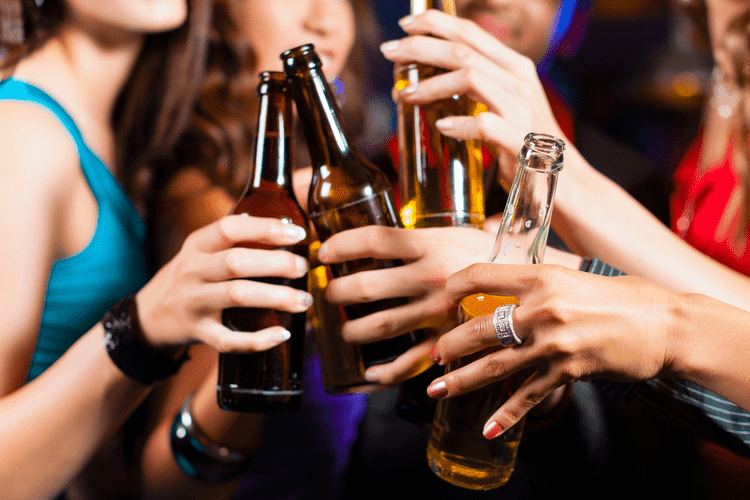Aggression can also be rooted in emotions like fear or competitiveness. Likewise, hostility is an attitude of resentment and unfriendliness that doesn’t require feelings of anger. The study concluded that alcohol increased the odds of physical aggression in those men who had high trait anger and poor anger management skills.
- Studies of twins have shown that the same things that lead to heavy drinking in families also make depression more likely.
- If you have struggled to stop using alcohol, or if alcohol is making your mental health worse, talk to your GP.
- The most recent edition of the “Diagnostic and Statistical Manual of Mental Disorders (DSM-5)” doesn’t list anger among the nine main symptoms of depression.
- If so, mental health services should be in charge of your treatment, rather than drug and alcohol services.
However, a prospective followup of 204 Danish COA’s and control subjects by Knop and colleagues1 demonstrated no differences between the 2 groups by age 20 with respect to either depressive or anxiety disorders. Alcohol withdrawal can be potentially life-threatening, in the case of severe dependence. Medical detox is typically considered the optimal method for allowing alcohol to safely process out of the body while under continual medical supervision. When people have difficulty controlling impulses, trouble regulating their emotions, or may present a danger to themselves and/or others, medical detox is required.
Sustainability and mental health
However, the relationship between alcohol and mental health is complicated, especially for people who have experienced trauma and need help to deal with underlying challenges so they can stop using alcohol. That said, the manual does emphasize that many people living with major depressive disorder (MDD) notice lingering feelings of anger, irritability, and frustration. If you recognize your own behavior in the description of intermittent explosive disorder, talk with your doctor or other health care professional about treatment options. Research shows that people who drink alcohol are more likely to develop mental health problems. It’s also true that people with severe mental illness are more likely to have alcohol problems. This may be because they ‘self-medicate’, meaning they drink to deal with difficult feelings or symptoms.

Some experts consider anger attacks a unique presentation of anger with depression. You might try to suppress or ignore this anger, hoping it will alcohol depression and anger eventually fade. But anger that stems from depression may not dissipate so easily — it’s more likely to resist your efforts to tamp it down.
Risks of Alcohol/Antidepressant Interactions
This point is easier said than done, but you can achieve it with help from a treatment program. If you think about it, a crucial part of being aggressive when intoxicated is lacking self-awareness. Those who don’t think about the consequences of their actions are more likely to adversely affect themselves and others. Additionally, when you don’t reflect on mistakes you’ve made, you’ll probably repeat them.
